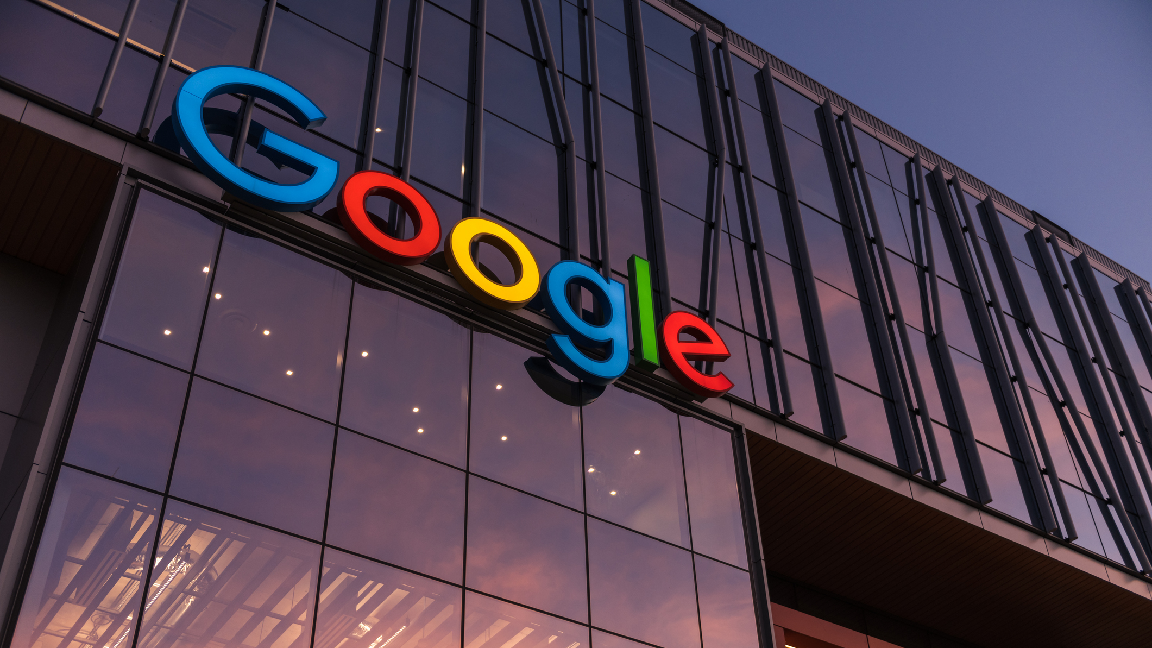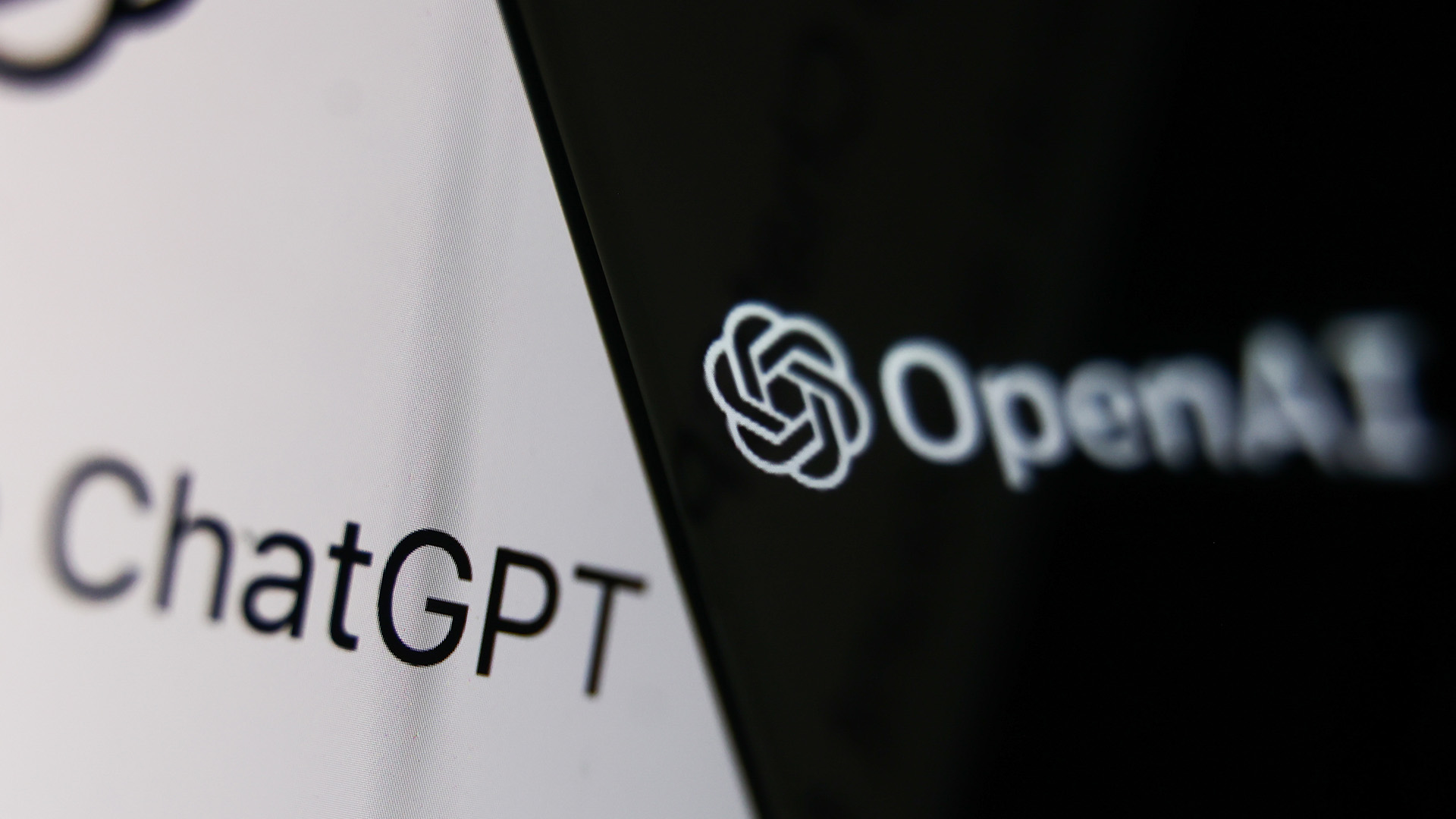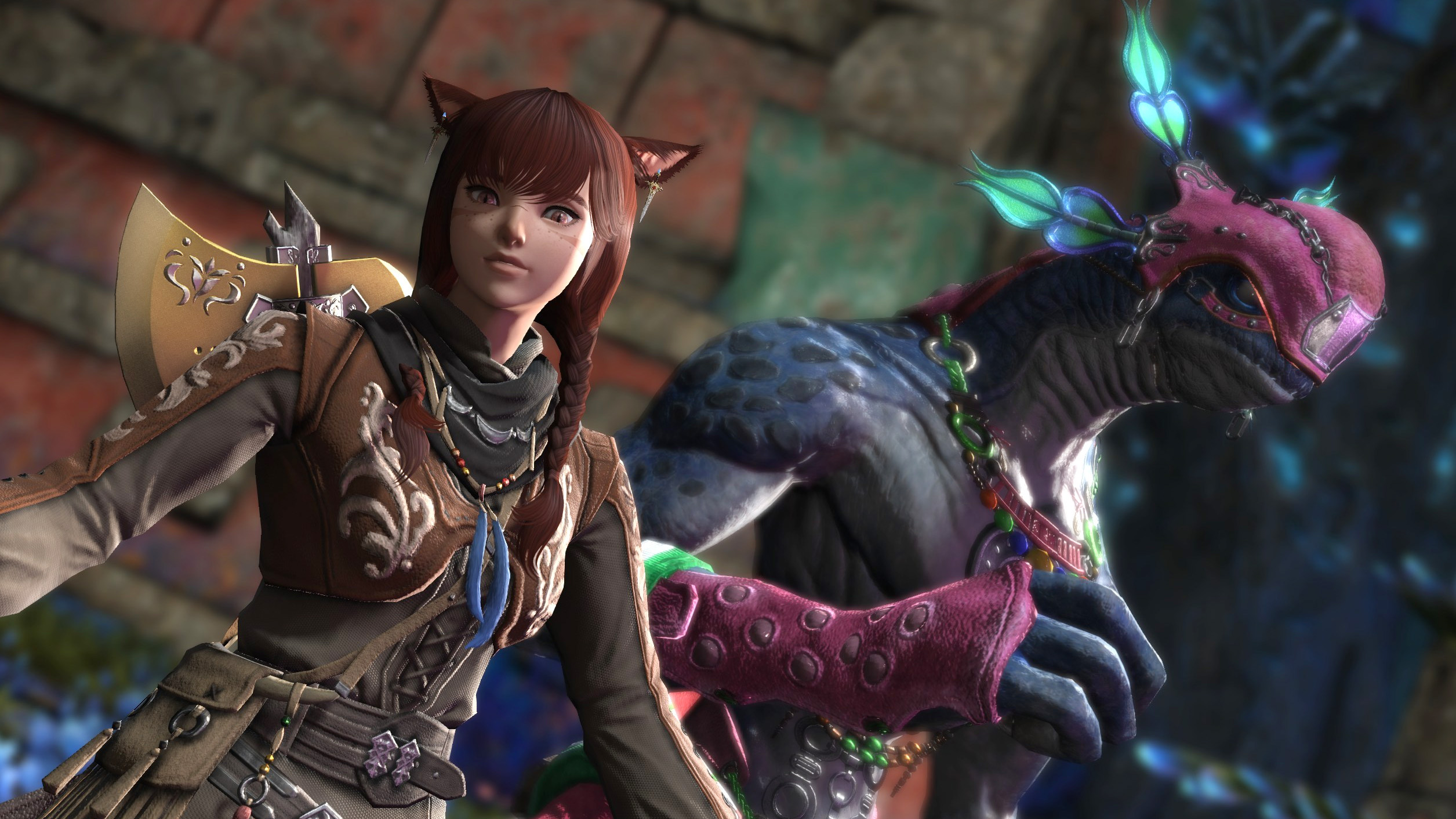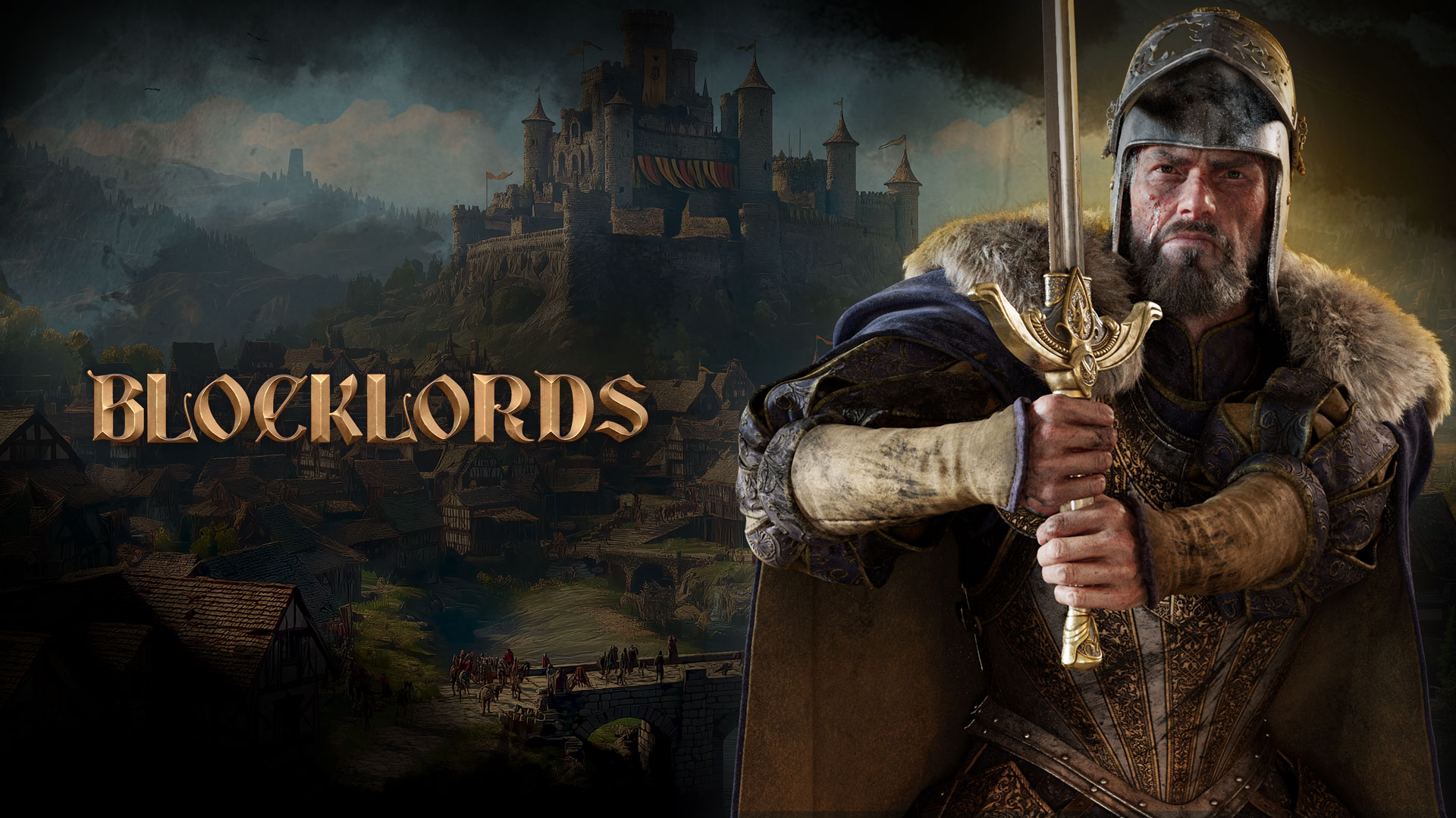
A little of column A through Z, probably.
Every other week we seem to get a tech CEO or some other bigwig telling us how great AI is and how revolutionary the AI era is going to be. But whenever they start talking about what exactly that will look like, I’m reminded of the frightening strength of historical variability and humanity’s incapability of predicting it. Case and point, Google CEO Sundar Pichai’s recent interview with The Verge.
The part of the interview that stuck out to me the most was when Pichai responded to a question from The Verge referencing the possibility that the web “will turn into a series of databases for various agents to go and ask questions to” rather than something we actually interact with.
The CEO’s response is, initially, to remind us that, “the web is a series of databases, etc. We build a UI on top of it for all of us to conceive.”
And no, this isn’t another ‘the internet is a series of tubes‘ moment. Think about this for more than half a second and it seems obvious: The high-level interactions that we have in any software is always a veil over the low-level machinations rolling forward underneath. But it’s interesting to be reminded of this fact in the context of a supposedly new phase, paradigm, or stage of computing and the internet.
Being reminded of this really brings into focus the genuinely unimaginable extent of how things might change in the upcoming AI era, should it come to pass and the bubble not burst. The entirety of the web and applications in general, as we experience them, has been erected upon the premise that it’s human beings using them.
Without that premise, there’s essentially a blank canvas on top of the underlying database of interconnected information. The problem then comes in when we try to understand how the picture will develop on top of that canvas.
We’ve only ever understood the internet as human-usable, so it’s difficult to even get a grasp on the possibilities that could be open to us with an AI-driven web, let alone what might actually form atop that canvas.
This is arguably what allows CEOs such as OpenAI’s Sam Altman to claim that AI will be “as big as the internet, maybe bigger”. It’s a sentiment that Google’s Pichai shares: “I think AI is going to be bigger than the internet. There are going to be companies, products, and categories created that we aren’t aware of today.”
What is artificial general intelligence?: We dive into the lingo of AI and what the terms actually mean.
In his interview, Pichai—although not immune to seemingly increasingly obligatory tech CEO speculation—does seem to acknowledge this hidden horizon. He says that AI, a “horizontal piece of technology”, can lead to impacts and returns on investment that “may not always be immediately obvious.”
He also says that he thinks we’re “going to see a new wave of things, just like mobile did. Just like the internet did.”
And that’s as good of a reminder as any, right? Did anyone really predict the way the internet would pan out, or the way the smartphone would? Part of the reason these shifts were so pivotal is because they were so un-predictable.
So, as admittedly yawn-inducing as all these “the next internet!” pronouncements are, these CEOs might just have a point: much like the internet, no one really knows what AI will morph into, even if they’re the ones leading it.







